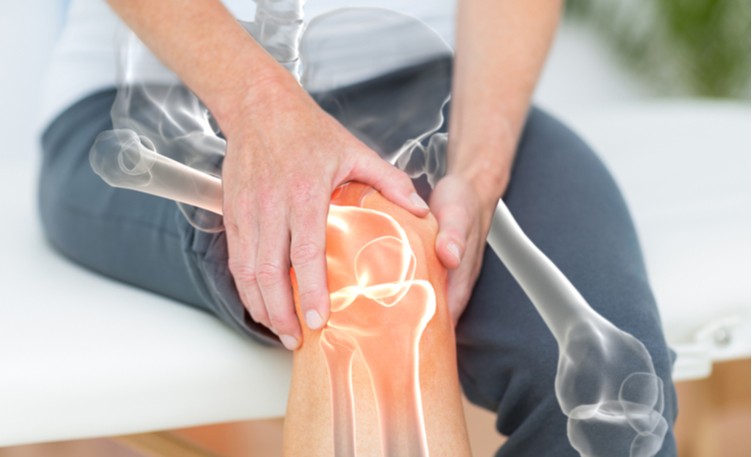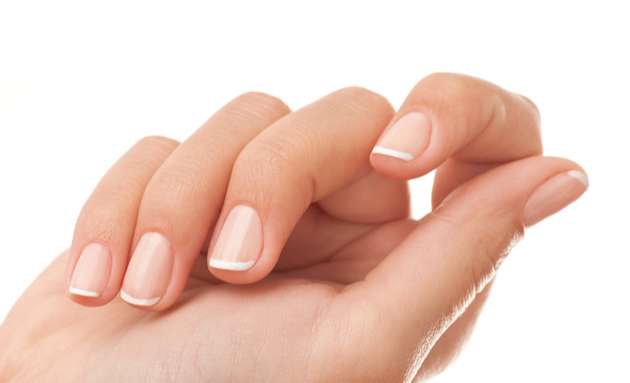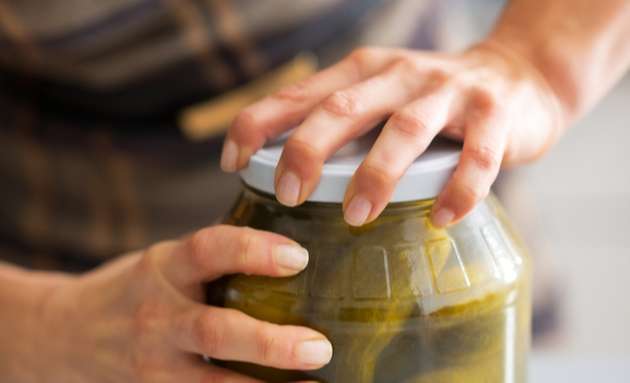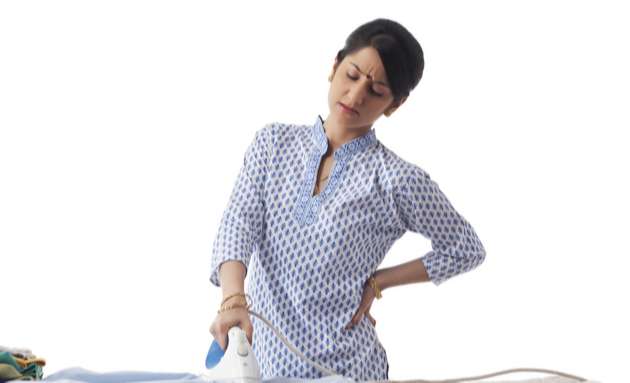Osteoporosis: 6 Early Signs and Symptoms of This Bone Disease

Bones are porous living structures that are storehouses of calcium and other minerals that our body normally needs. These structures are constantly growing, gathering bone mass and density through childhood, adolescence, and youth until the age of 20, after which the skeleton continues to 'remodel' itself: old bone tissue gets discarded, and fresh, healthier tissue is accumulated.
This process is also called bone resorption. When the normal resorption process is inhibited by a lack of nutrition or calcium in our diet or other factors such as an increase in alcohol consumption, smoking, or steroidal treatment, bone tissue is lost faster than it can be replaced. This widens the holes or pores within the interior structure of the bones and consequently increases the risk of osteoporosis.
Early Warning Signs of Osteoporosis
Here are 6 early signs that you should not ignore:
Your Nails Chip or Break Easily

-
Both nails and bones consist of disulphide bonds that cause proteins to stick to one another. While nails are composed of hardened protein cells called Keratin, bones are composed of collagen protein.
If you have been constantly complaining of brittle nails that chip or break easily, it could mean that the disulphide bonds in your nails are weak and need to be strengthened. This could also hold true for the disulphide bonds in your bones. Weak nails or vertical ridges on your nails could also be an indicator that you need to add more calcium to your diet. You Are Losing Teeth, or Your Gums Are Receding
- Since the jawbone supports your teeth, a loss of bone density in your lower jaw could be the main reason for your receding gums or teeth loss. This can be screened by the standard panoramic X-ray used by dentists. During your visit, ask your dentist to share the results of your X-ray if it concerns your bone health. Follow it up with a doctor who can investigate if you may develop osteoporosis, and what you can do to prevent it.
It's Tough to Grip Things

- If you have a difficult time in trying to open a tin can, turning the doorknob, pulling a heavy door or if you tend to take time to get up from a seated position on the floor, your bones may need attention. Studies have revealed that there is a relationship between the strength of your handgrip and the muscle and bone density in the forearm, hip, and spine, especially in women.
Strengthening these through weight-intensive exercises or Yoga may also help with posture problems and balance, reducing the risk of any future falls.You Are Allergic to Certain Foods, or You Have Other Health Conditions
- If you are lactose intolerant or are on a strict gluten-free diet due to Celiac disease, your body is unable to digest the foods that also help to rebuild your bones. In addition to a lack of adequate nutrition, two other autoimmune problems with the digestive tract such as Crohn's disease or ulcerative colitis require treatment involving steroids, which in turn cause bone loss.
Women who have missed their periods for two to three months or more in a row (Amenorrhea) due to excessive exercise; have a low BMI or an extremely thin waist/frame, or suffer from anorexia are more likely to develop osteoporosis owing to their lower levels of estrogen.
Among the men, factors such as obesity, fatigue or difficulty concentrating, diabetes, and Hypogonadism are some contributors to lower levels of testosterone, leading to osteoporosis. You Have a Sedentary Lifestyle and Have Started to Notice Frequent Cramps and Aches

- If your lifestyle or work requires you to stay indoors and at your desk for most of the day, you could be losing out on adequate physical exercise, apart from creating a crucial Vitamin D deficiency required for maintaining healthy bones. Lack of movement may also lead to stiffness in your muscles, or frequent aches and cramping in your legs and calf muscles, especially during the night. This means your body is low on blood levels of calcium, magnesium and/or potassium as well.
You Are Above 50, and Old Injuries Are Beginning to Bother You
- You may have had a fall or hurt yourself in the past and got away without a serious fracture. However, as you age and lose bone density, these may develop into future 'fragility' fractures where even a minor fall or bodily impact could lead to immediate swelling and pain in a certain area. The most likely fractures suffered by patients of osteoporosis happen to be the wrist, hip or spinal vertebrae. These could be life-changing and yet, easily preventable.






